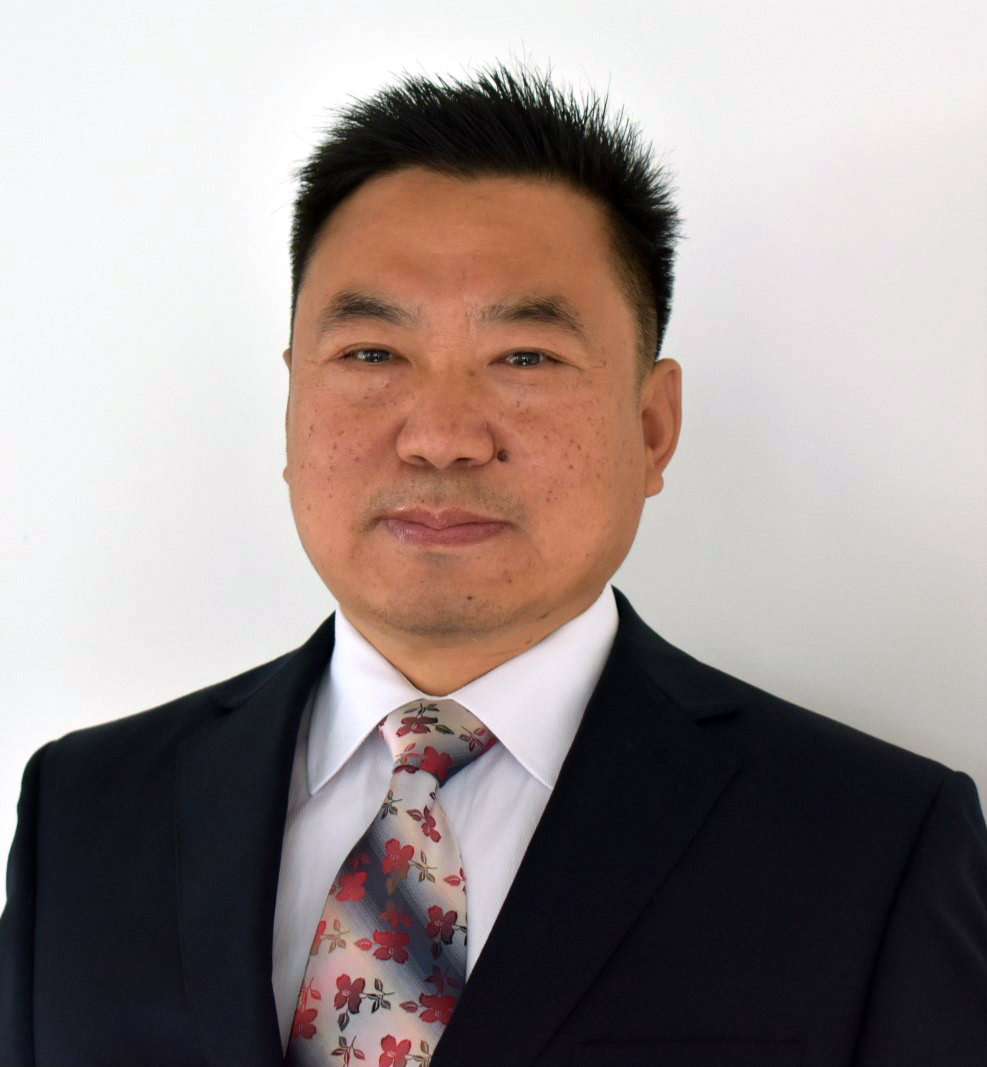Ordinary People
Ordinary People
Peter Lee
I still remember, back in my school days in China, every student had to fill out a form at the beginning of the school year listing family information. One of the most important boxes asked for the father’s occupation. My father was an ordinary office worker. Looking at classmates who wrote that their fathers were “directors” or “officials,” I used to feel that something was missing from my answer.
Now, having reached middle age, I have come to a much deeper understanding of what it means to be an ordinary person.
In Toronto, being an ordinary person is actually the norm. In a sense, Western society is a society of ordinary people. Apart from a small number of elites—artists, athletes, scholars, and elected leaders—most people simply belong to the broad category of the common. No one looks up to you just because you hold a government position. On the contrary, many talented young people prefer to work for international companies, where they can realize their creativity and potential. Government jobs are often seen as routine and less rewarding. In Toronto, you hardly hear titles like “Director,” “Minister,” or “Chief.” Because here, everyone is, fundamentally, just a person among others—an ordinary one.
In Toronto, you don’t need extraordinary knowledge to live well. What you need is common sense.
It sounds simple, but it’s not always easy. In recent years, especially during the period when so-called “experts” dominated Chinese-language media both at home and abroad, genuine common sense became a rare commodity. Take real estate, for example. A few years ago, experts confidently declared that housing prices would always go up and that “buying a house is equal to making money.” Many people were misled into risky investments, and some families suffered greatly as a result. But these claims violated basic common sense. Real estate is a traditional industry, and in the modern world, no traditional industry’s products rise in price forever. The myth of “property prices never falling” was a game jointly designed by local governments and developers. Only those ordinary people with true common sense could avoid being trapped. The idea that “you buy a house, sell it once, and you’re rich forever” simply doesn’t make sense.
Common sense matters deeply in Toronto. And being ordinary is no shame—it’s something quite admirable.
Ordinary people are the foundation of Western society. In Toronto, the moral standard of ordinary people defines the moral scale of the community.
Once, I overheard two landlords talking. One of them mentioned she had a dispute with a tenant but didn’t want to appear in court herself. Instead, she sent a property manager to represent her, saying that “judges here always side with ordinary people.” Indeed, in small claims court, judges tend to favor tenants over landlords, workers over bosses, and defendants over police officers. The law seems to stand naturally with the common side.
That conversation reminded me of something from my early days in Canada. I was working in a mail-sorting company and once received a parking ticket in the company lot. I showed it to my supervisor, who told me the company would provide a statement proving the parking was proper—and encouraged me to take the case to court and challenge the police. I was stunned. Back then, the idea of suing a police officer felt unthinkable. I thought my boss was simply passing the problem onto me. I liked my job, so I just paid the fine and let it go. Now, after so many years, I realize he was right: going to court against the police was not rebellion—it was common sense, and perfectly reasonable.
More than a decade has passed. I’ve worked hard, but I’m still an ordinary person in Toronto. Yet my understanding of “ordinary” has changed completely. I no longer feel that being ordinary means lacking something. On the contrary, I’ve come to see that being an ordinary person is one of the hardest, and most dignified, things one can be.
Former U.S. Secretary of State Antony Blinken once said that after leaving office, he looked forward to returning to “the highest form of life in a democracy—the life of an ordinary person.”
After twenty years of living as an ordinary person in Toronto, I’ve come to appreciate three simple but profound things: common people, common sense, and common law.
